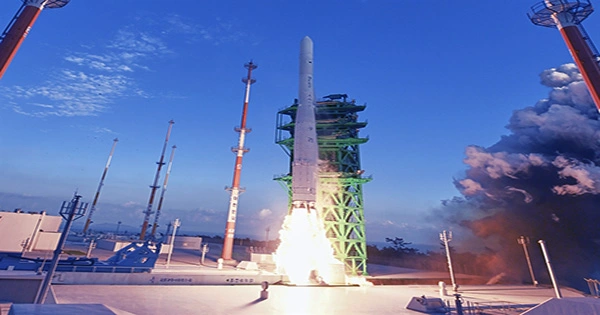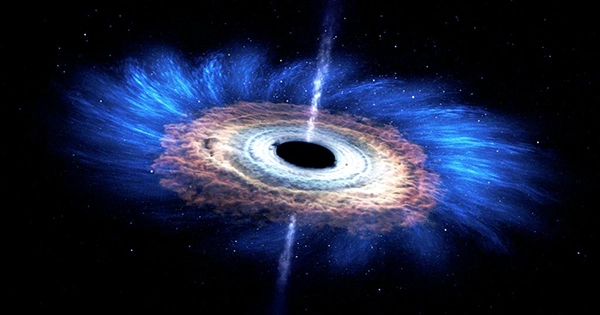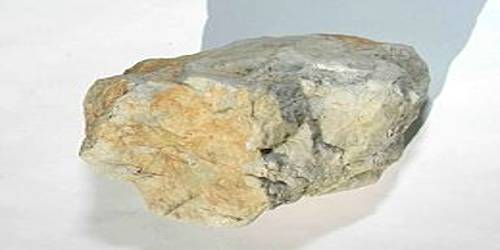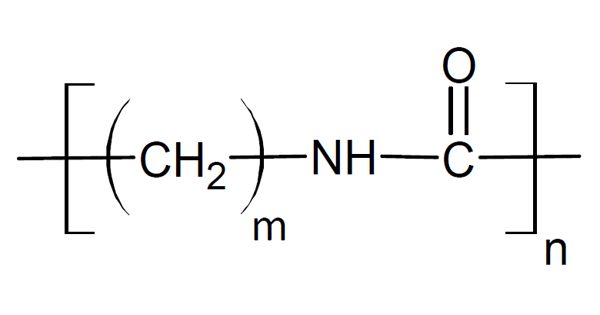South Korea announced Thursday that it has successfully launched its domestic Nuri rocket and sent operational satellites into orbit, hailing the achievement as a significant step forward for the country’s developing space program.
It was the third launch of the Nuri, which successfully orbited test satellites last year following a disastrous 2021 effort in which the rocket’s third-stage engine burned out prematurely.
The three-stage rocket, which was more than 47 meters (155 feet) long and weighed 200 tons, took off from the Naro Space Center in South Korea’s southern coastal region at 6:24 p.m. (0924 GMT), leaving a massive trail of white smoke in its wake.
“We report to the public that the third launch of Nuri, which was independently developed to secure domestic space transportation capacity, has been successfully completed,” said Lee Jong-ho, minister of Science and Technology.
According to him, the main satellite communicated with South Korea’s King Sejong Station in Antarctica, and the launch confirmed “our potential for launch services for various satellite operations and space exploration.”
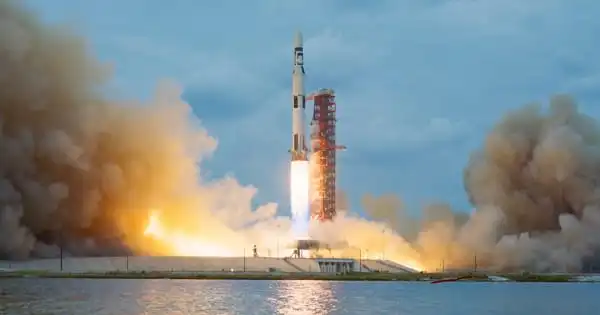
South Korea will launch three more Nuri satellites by 2027, according to Lee.
South Korean President Yoon Suk Yeol praised Nuri’s launch, saying it will offer his country an advantage in the global space competition.
“The success of Nuri’s third launch is a splendid achievement that declares South Korea has joined the G7 space powers,” he said in a statement.
The launch came a day after initial plans were canceled due to a computer communication problem that was fixed by Thursday.
Previously, the rocket carried payloads primarily meant to validate the launch vehicle’s performance.
According to the science ministry, the rocket was topped with eight operational satellites, including a “commercial-grade satellite” this time.
More than 200,000 people were watching the launch live on YouTube, with one writing, “Fly high, Nuri!” Let’s go to the stars!”
The Space Race: South Korea has lofty space aspirations, including landing spacecraft on the Moon by 2032 and Mars by 2045.
China, Japan, and India all have advanced space programs, and North Korea, the South’s nuclear-armed neighbor, is the most recent member of the club of countries with their own satellite launch capacity.
Similar technology is used in ballistic missiles and space rockets, and Pyongyang claimed to have launched a 300-kilogram satellite into orbit in 2012, which Washington criticized as a disguised missile test.
The South Korean space program has had a mixed record, with its first two launches in 2009 and 2010, which employed Russian technology, both failing.
The second one blew up two minutes into the trip, and Seoul and Moscow blamed each other.
A 2013 launch was eventually successful, but it still used a Russian-developed engine for its first stage.
South Korea became the eighth country to successfully launch a one-ton payload on its own rockets last June.
The two trillion won ($1.5 billion) Nuri rocket has been under development for a decade.
